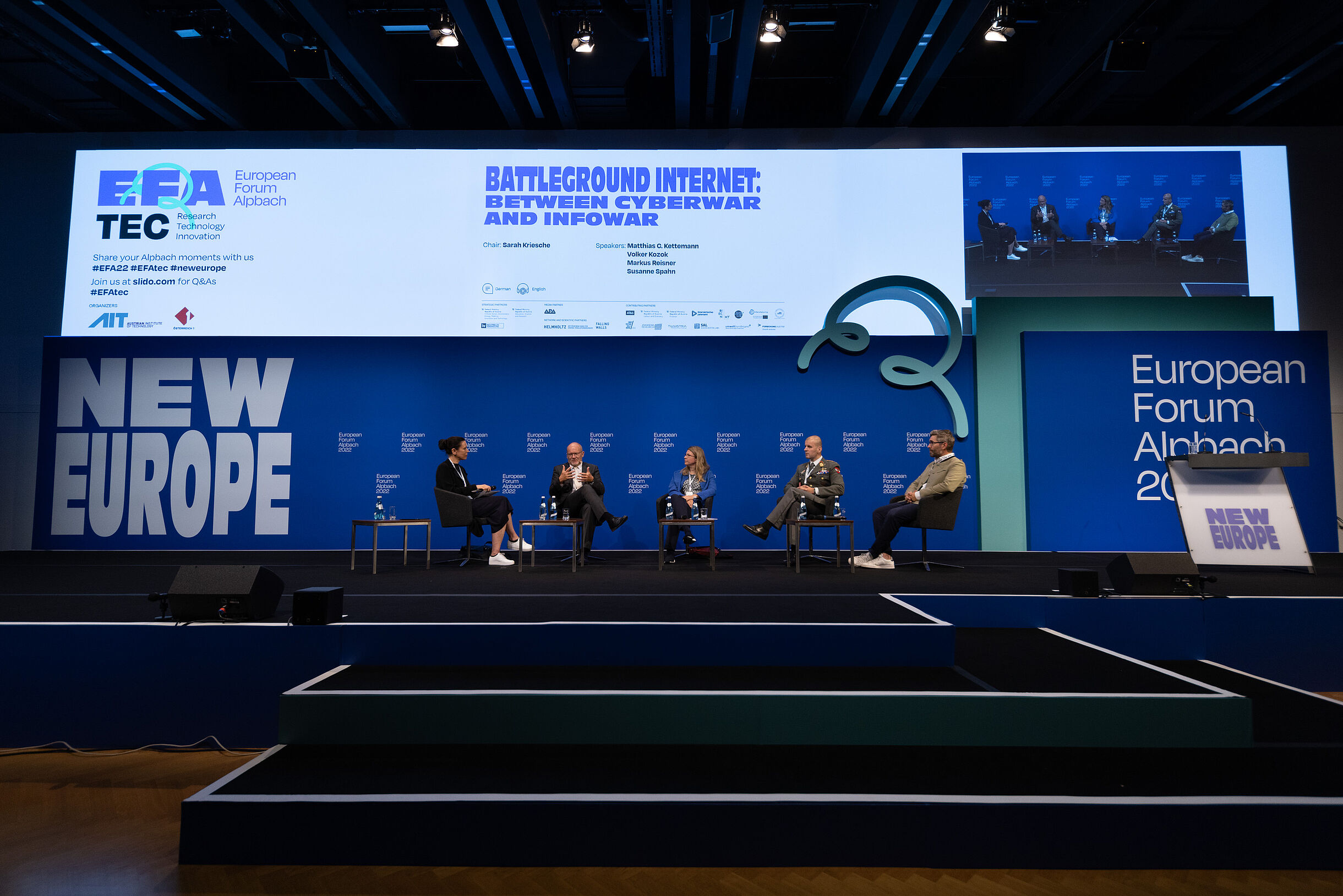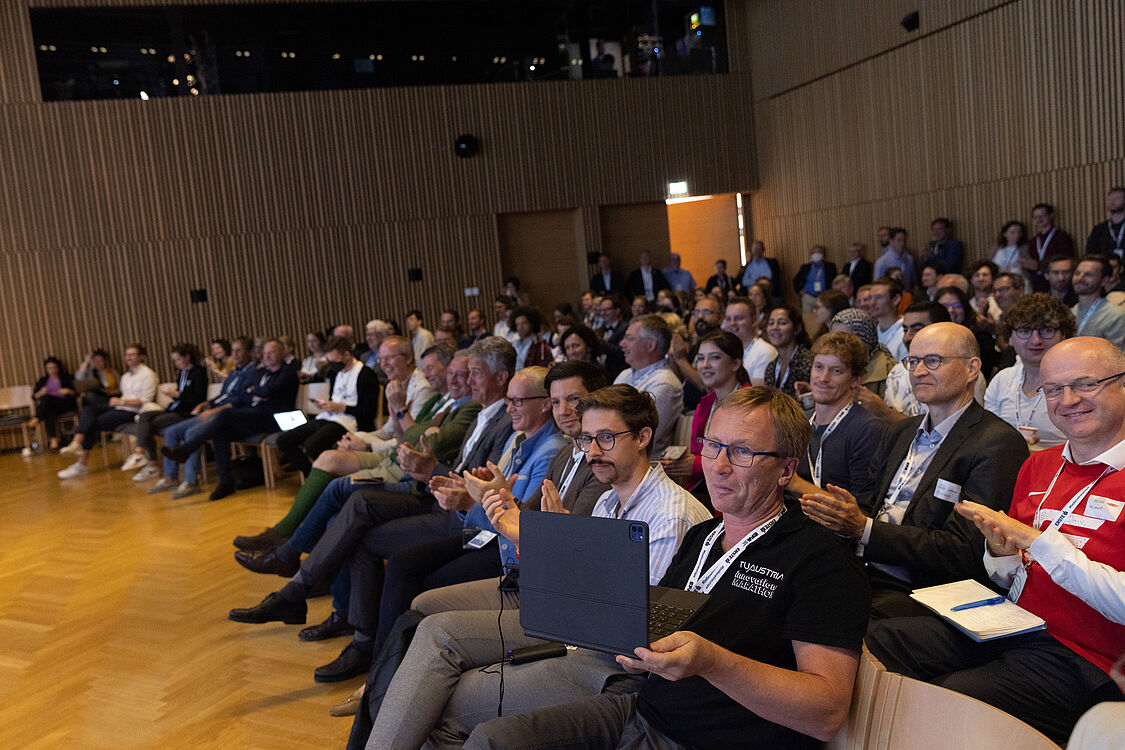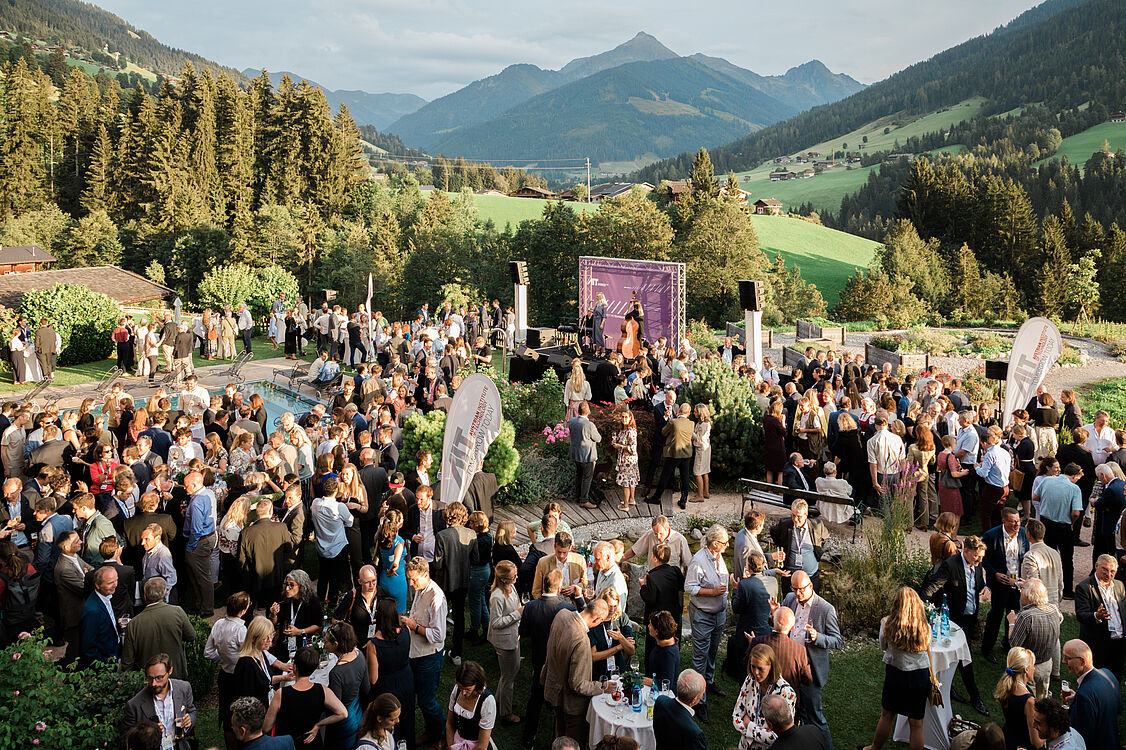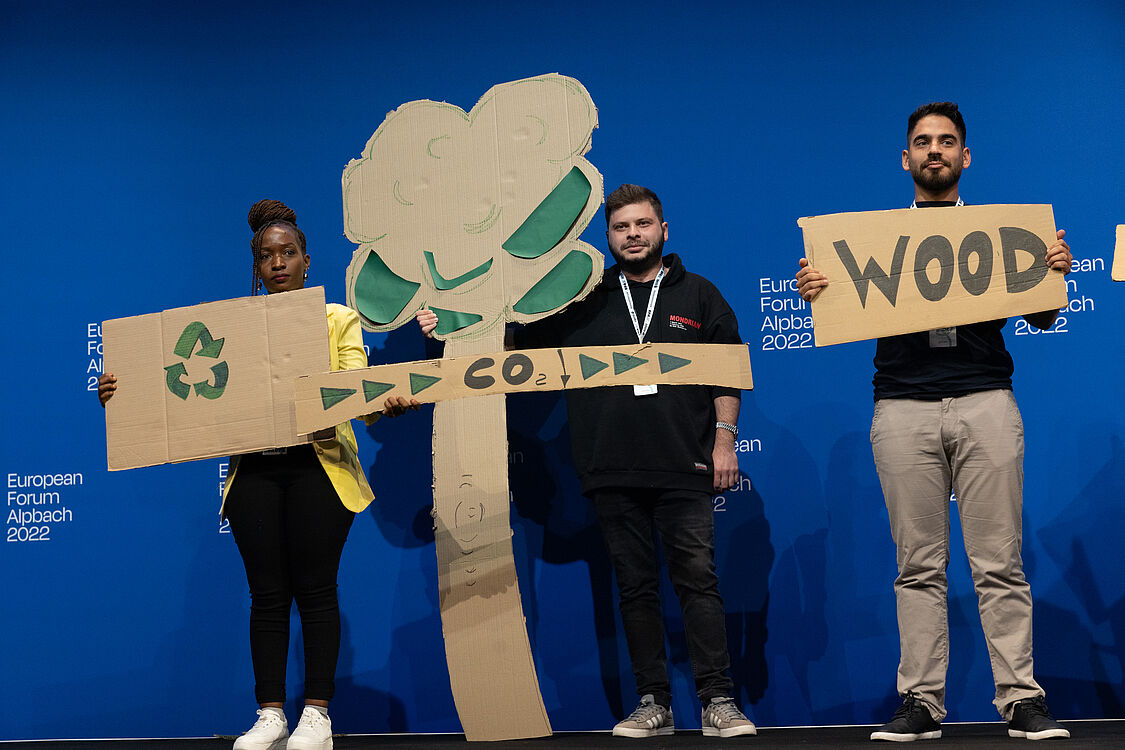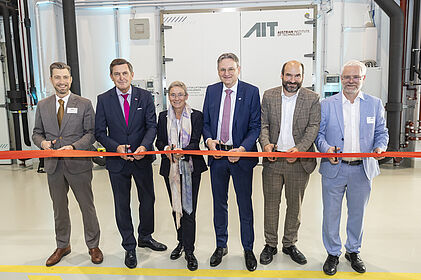We currently have to cope with a multitude of crisis phenomena - from global political tensions to the climate and energy crises to the consequences of the pandemic. Many of these current problem areas were discussed at the Alpbach Technology Symposium 2022. "If we reflect on what the experts have told us over the past two days, they agree in that we have a certain chance of coping with the challenges," summed up Wolfgang Knoll, scientific director of the AIT Austrian Institute of Technology. "The consensus is that to do this we need a deeper scientific understanding that is translated into new technologies and into innovations," said Knoll at the end of the talks, which have been organized by AIT and ORF Radio Ö1 in a tried and tested manner for more than 30 years.

